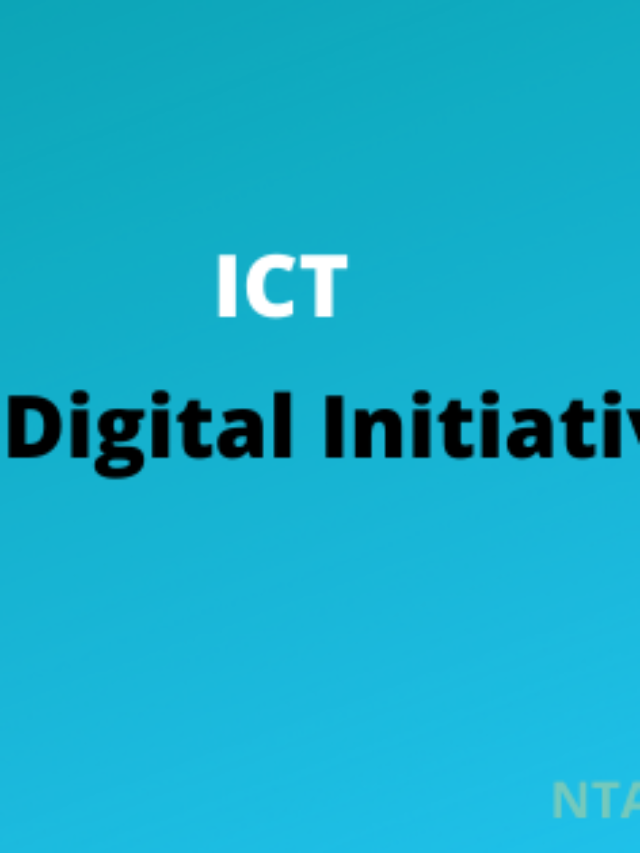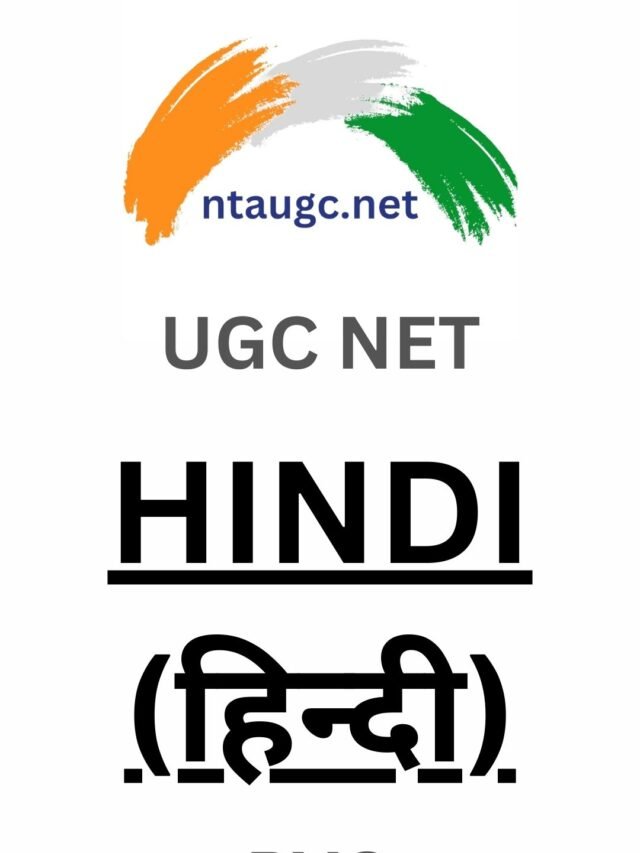Gagne’s Theory of Learning is a cornerstone in educational psychology, providing a structured framework for effective instruction. At its core, this theory asserts that learning tasks for intellectual skills can be organized into a hierarchy based on their complexity. Understanding this hierarchy is invaluable for educators, especially those preparing for the UGC NET examination.
The Hierarchy of Intellectual Skills:
According to Gagne, intellectual skills can be categorized into eight levels, each representing a progressively complex form of cognitive ability:
- Stimulus Recognition:
- At this level, learners identify basic elements or components within a given context.
- Example: Recognizing key terms in a historical document.
- Response Generation:
- This level involves generating a specific response based on a given stimulus, demonstrating a deeper understanding.
- Example: Constructing a grammatically correct sentence in a foreign language.
- Procedure Following:
- Learners at this stage can follow a series of steps or procedures to achieve a specific outcome.
- Example: Executing a mathematical algorithm to solve a problem.
- Use of Terminology:
- This level requires using specific language or terminology associated with the subject matter, showcasing a higher level of comprehension.
- Example: Explaining scientific concepts using precise terminology.
- Discriminations:
- Learners can differentiate between different elements or components based on specific criteria or characteristics.
- Example: Distinguishing between different species of plants based on leaf characteristics.
- Concept Formation:
- At this level, learners grasp and form more abstract concepts by recognizing common features among different elements.
- Example: Understanding the concept of democracy by recognizing its fundamental principles.
- Rule Application:
- Learners apply rules or principles to solve problems or make decisions in novel situations, showcasing advanced cognitive abilities.
- Example: Using legal principles to analyze and solve a complex case.
- Problem Solving (Highest Level):
- This represents the pinnacle of intellectual skill, involving independent problem-solving in novel or unfamiliar situations.
- Example: Formulating innovative solutions to address complex societal challenges.
Implications for UGC NET Aspirants:
Understanding Gagne’s Hierarchy of Intellectual Skills is crucial for UGC NET aspirants for several reasons:
- Effective Curriculum Planning:
- It guides educators in designing curricula that progressively build on learners’ cognitive abilities.
- Optimized Instructional Strategies:
- Knowing the hierarchy helps in selecting appropriate teaching methods for specific learning outcomes.
- Assessment Design:
- It aids in creating assessments that align with the complexity of desired learning outcomes.
Advantages Gagne’s Theory of Learning :
- Structured Learning Hierarchy: Gagne’s theory provides a clear and structured hierarchy for organizing and sequencing learning tasks. This can be particularly beneficial for educators in designing instructional materials and assessments.
- Customized Instruction: It allows for tailoring instruction to the specific cognitive abilities and learning levels of individual students. This personalized approach can enhance learning outcomes.
- Clear Learning Objectives: The theory emphasizes the importance of clearly defined learning objectives. This clarity helps learners understand what is expected of them, leading to more focused and effective learning.
- Effective for Complex Skills: Gagne’s theory is especially effective for teaching complex intellectual skills. By breaking down tasks into smaller, manageable components, learners can gradually build up to mastering higher-level cognitive abilities.
- Applicable Across Disciplines: The theory’s framework is applicable to various subjects and disciplines, making it versatile for educators in different fields.
Disadvantages Gagne’s Theory of Learning :
- Simplification of Learning Process: Some critics argue that Gagne’s theory may oversimplify the complex process of learning by categorizing it into discrete stages. In reality, learning is often more dynamic and multifaceted.
- Limited Emphasis on Motivation: The theory primarily focuses on the cognitive aspects of learning and may not place enough emphasis on factors like motivation, engagement, and emotional aspects of learning.
- Possible Overemphasis on Behavioral Outcomes: Gagne’s theory originated in behaviorist psychology, which may not fully capture the richness of cognitive and constructivist approaches to learning.
- Rigid Application: Strict adherence to the hierarchy may not always be practical or effective in every learning context. Educators may need to adapt or modify the framework to suit specific instructional situations.
- Inadequate for Some Types of Learning: Gagne’s theory may not be as suitable for certain types of learning, such as creative expression, artistic endeavors, or some forms of experiential learning.
Gagne’s Theory of Learning, particularly the hierarchy of intellectual skills, offers a roadmap for educators to facilitate effective learning. UGC NET aspirants can leverage this knowledge to enhance their teaching strategies and optimize their preparation for the examination.
According to Gagne’s theory of learning, which occupies the top of hierarchy?
(a) Problem solving
(b) Chaining
(c) S-R Learning
(d) Concepts
Kerala SET 2019 (Feb), 2022
Ans. (a): Problem solving











